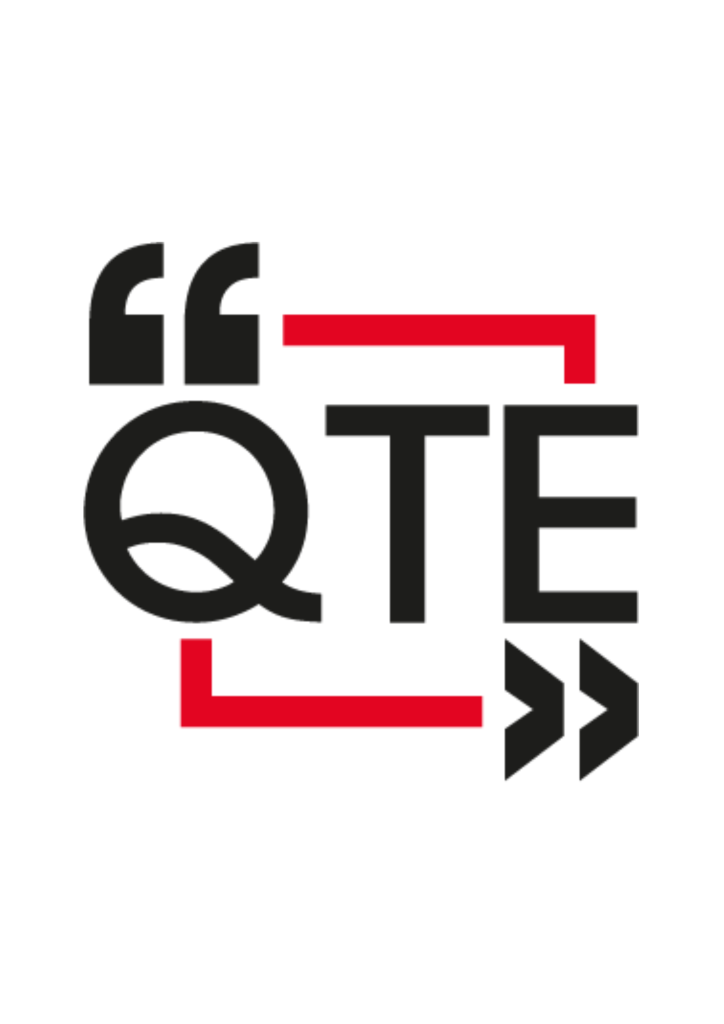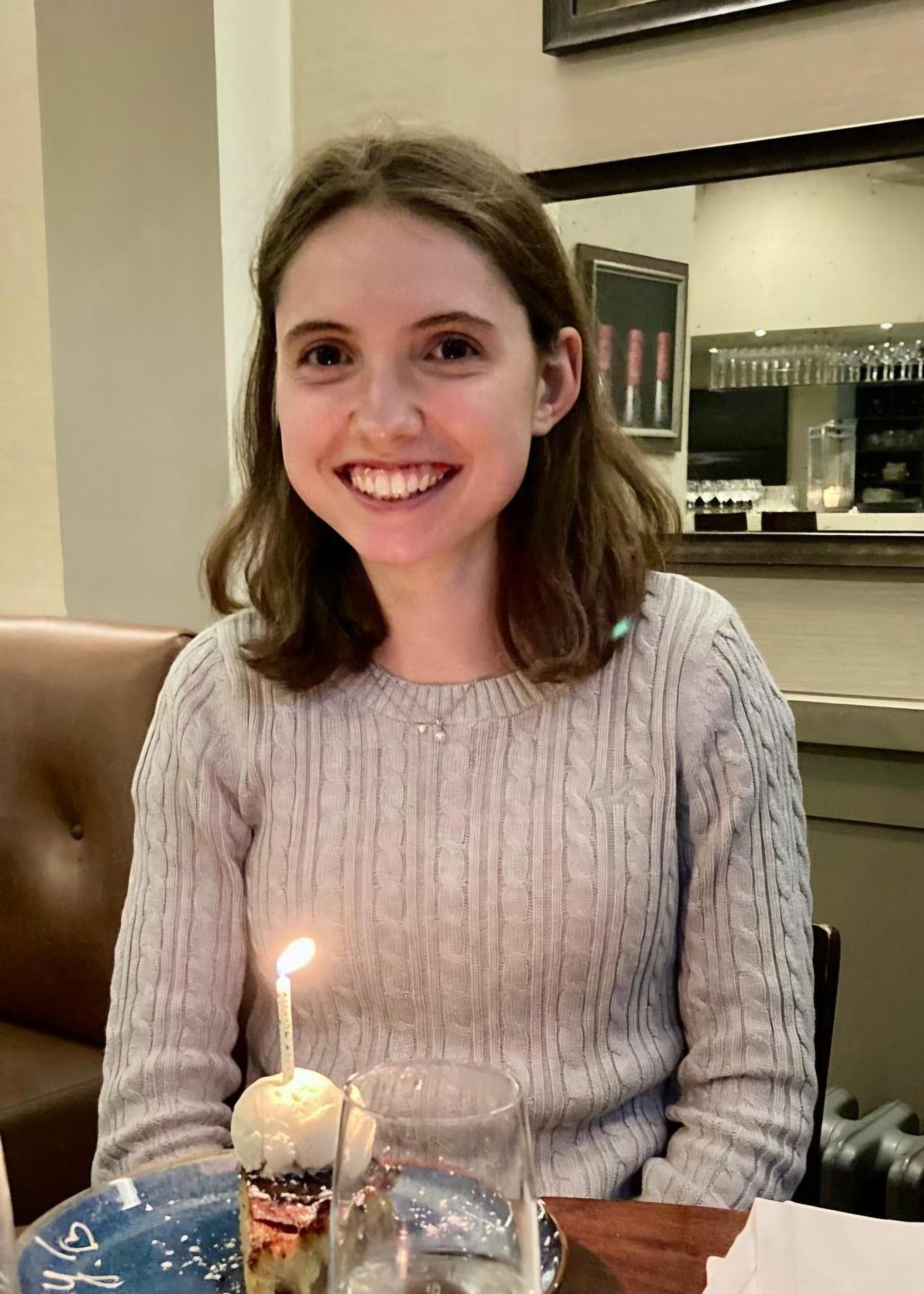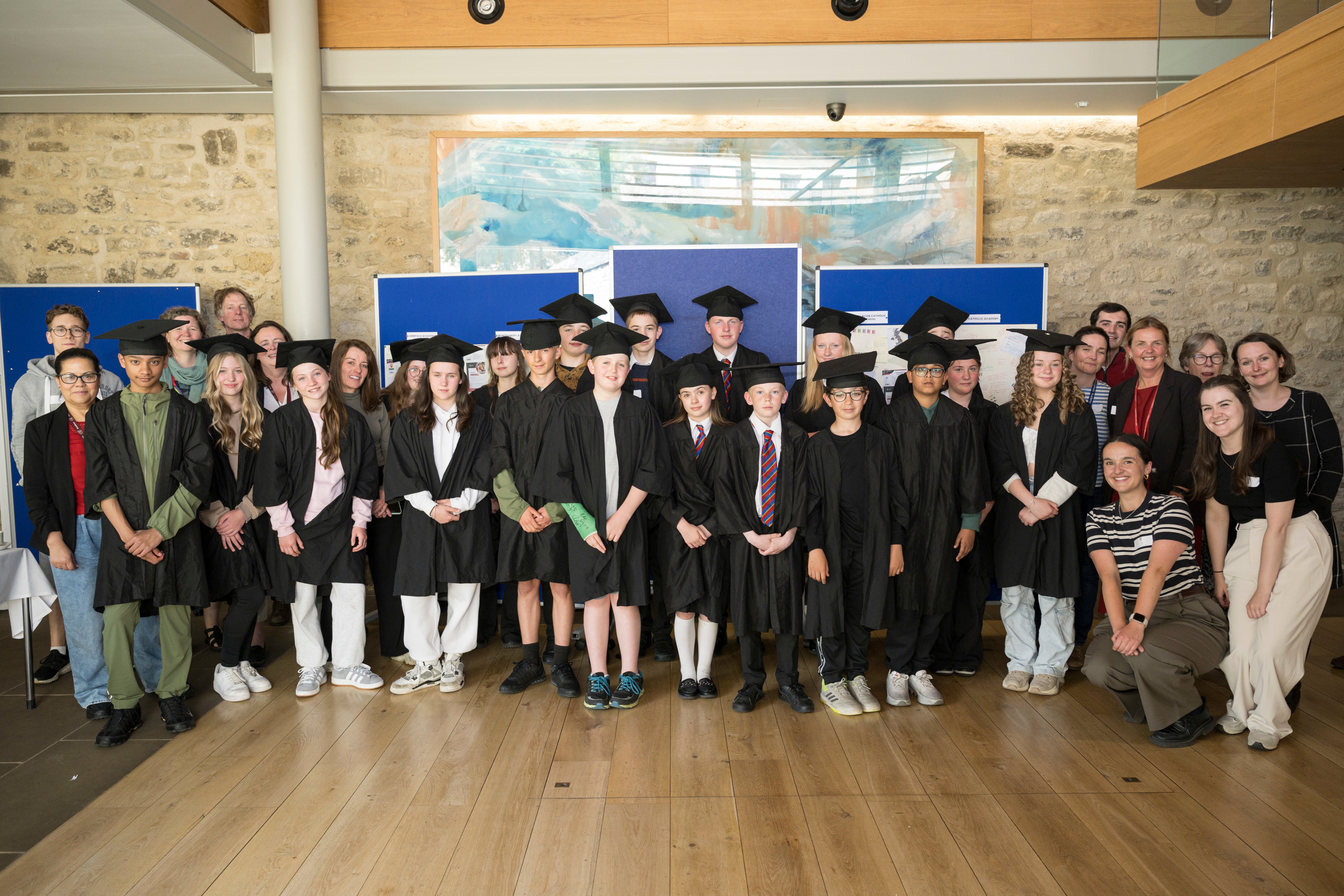The Queen’s Translation Exchange was delighted to host Eleanor, a local year 10 linguist, for a work experience placement this summer. In this blog post, Eleanor describes the impact of the Anthea Bell Prize for Young Translators, and why learning languages is so important. Thank you, Eleanor!
I am a year 10 who is currently studying Spanish and German, I have taken part in the German Anthea Bell Prize every year since year 7, excluding this year, as well as the Spanish competition since year 8, also excluding this year. I do not have any background with these languages and have simply learned them through school. I have found that the Anthea Bell Prize really opened my eyes to how translation works .
I have always enjoyed languages and find the ability to speak multiple languages particularly interesting. Language lessons have always been my favourite lessons of the week, but I found that there was limited creativity involved within my curriculum assigned lessons. The Anthea Bell Prize forces you to not only create a literal translation but also to make it sound correct. Especially when you are being told to translate a poem, you first translate it literally and then you tweak it so that it follows the same pattern in English. It teaches you creative skills that you wouldn’t normally see in an everyday language lesson.
I have always loved the Anthea Bell Prize; I’ve loved it because it taught me a new more creative way of translating, not only taking it literally but putting it in your own words and developing a new form of translation that really immerses you in the language that you are taking part in.
The Anthea Bell Prize… has helped me to understand that languages are what I want to do.
By participating in the Anthea Bell Prize, I have learnt how languages can be so similar and yet so different at the same time. I’ve learnt that there are many different approaches to teaching languages, one of which being logical and another being creative. Logical approaches are taught to you in schools where you learn about grammar and word structure, it creates a structure of which you need in order to use the creative approach. The Anthea Bell Prize is a creative approach; it teaches you how you could use your language skills if you were living in a place where that language is spoken. Both are necessary for the proper development of linguistic skills and the Anthea Bell Prize really helps deliver the creative learning.
Languages are the base of humanity. Being able to communicate is a necessary staple in modern society that interests so many. It allows us to communicate with those that are different to us, so that we can understand their cultures and ways of life that we may be unable to experience otherwise. Languages bring people together and create communities filled with love. Studying language can help us understand history, literature, culture and so much more. It brings harmony to the world and helps us realise that barriers can be overcome if people try. It is a necessity to so many jobs as well: it is necessary in business, in politics, in childcare. Studying languages makes lives easier. And studying it should be mandatory.
In the future, I hope that I can continue to study language as the mere concept of it astounds me in ways impossible to imagine, I want to know more about how communities work and how language can create communities. I don’t know entirely what I want to do but I do know that I want to continue with my studies in language. I don’t want to quit; I am determined to be able to live in another country and speak their language so that I can live well because I am able to understand and speak the language. The Anthea Bell Prize has helped me realise that if I work hard enough then I can make that dream come true. It has helped me to understand that languages are what I want to do.



